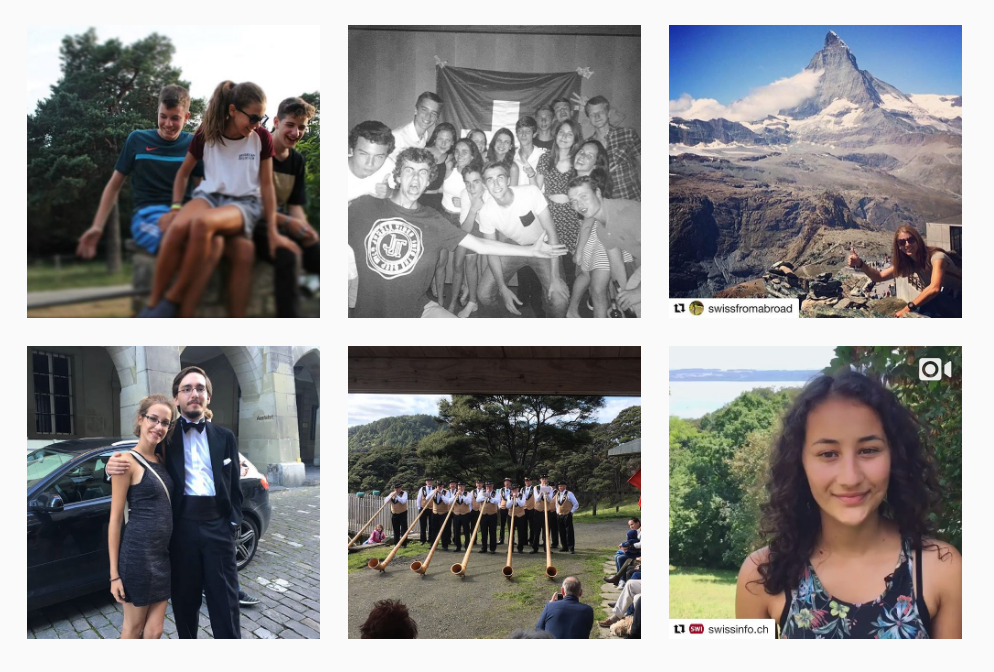
Swiss engineer takes on killer landmines
Swiss engineer, Frédéric Guerne, has dedicated half his life to making machines that clear land mines. He has now developed what he believes is the best minesweeper in existence. (SRF/swissinfo.ch)

More
Dear Swiss living abroad…
Guerne is the director of the non-profit Digger FoundationExternal link in Tavannes in the Jura region, which has produced an armoured 12-ton, remote-controlled precision machine for clearing mines, the fourth-generation model. The D-250 is otherwise known as the “Excavator”, and it does the job of 300 people in the field.
The D-250 digs up mines from the ground, removes them from trees and detonates them. Even mines with up to 10 kilograms of explosives cannot harm the device. It is used in around 15 countries worldwide.
Guerne started his work in 1998 in his farmhouse. For many years he worked voluntarily on new prototypes. He says,”When I think of the children who are still living thanks to our machines, it gives me the energy to keep going.”
Land mines are weapons of mass destruction, which do not discriminate between civilians and combatants. The use and production of antipersonnel mines is banned under the 1997 Mine Ban TreatyExternal link. Still, in 2015 an average of 18 people around the world lost their lives or limbs every day to land mines or other explosive remnants of war. Over 6,460 people were hurt or killed in that year and the number continues to rise.
The Nobel Peace Prize for 1997 External linkwent to the International Campaign to Ban Landmines (ICBL) for its work on the banning and clearing of anti-personnel mines. But there are still vast mined areas in many former war zones, and less and less money is spent on the expensive demining of the areas.
In the series ‘Swiss Pioneers’, Swiss Public Television, SRF, meets Swiss nationals at home and abroad who have made a name for themselves in their area of expertise.





























You can find an overview of ongoing debates with our journalists here . Please join us!
If you want to start a conversation about a topic raised in this article or want to report factual errors, email us at english@swissinfo.ch.